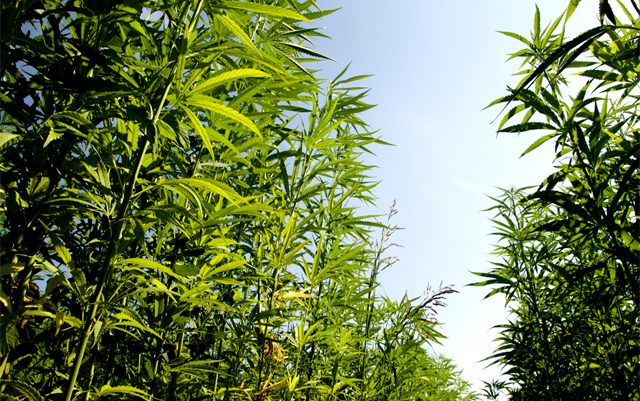Pennsylvania is not about to sit back and wait on the government to decide whether or not hemp is a feasible crop to grow. If it is proof that they want, it is proof they will get – and lots of it. Twelve different establishments stepped up and asked the Pennsylvania Department of Agriculture for approval on sixteen separate research projects last week, and were approved.
The state launched a new Industrial Hemp Research Pilot Program in December 2016 and is receiving quite an education on the various ways that hemp could benefit agriculture, phytoremediation, technology, nutrition and more.
Growing hemp was a routine part of farming in Pennsylvania until it was banned by the Federal Government. There is no question as to whether or not the soil is accepting to hemp as a crop, but many changes have taken place over the past 50 years. Geoffrey Whaling, president and founder of the Pennsylvania Industrial Hemp Council, states that they are starting at ‘ground zero’ with this new research.
Here is the approved list and the hemp projects that could aid in introducing hemp back into Pennsylvania as a million dollar industry.
1. AgriLogic PA LLC (Cheyney University/Lehigh University) – fish growth, specifically largemouth bass and rainbow trout, with hemp based oil. The research will compare weight gain, feed efficiency, protein digestibility, and fish health/nutrient proteins.
2. Commonwealth Alternative Medicinal Options (CAMO) – measure seed and stalk yield, plant nutrients and general development in Pennsylvania growing atmosphere.
3. Delaware Valley University – compare four hemp varieties for plant height, seed yields, and insect presence in Pennsylvania growing atmosphere.
4. Destiny’s Agro Farm – compare four cultivars for visual qualities, fiber content, and seed yields in Pennsylvania growing atmosphere.
5. Justben Agriculture LLC – compare five varieties for end use for human consumption and biofuel.
6. Penn State University – determine draft production recommendations by comparing six varieties under different growing conditions (planting dates, seed densities, tillage regimens and nitrogen levels).The study will also track plant height, yield, disease and insect impact.
7. Pennsylvania Hemp Industry Council (Lehigh University) – evaluate use of hemp for erosion control and phytoremediation of heavy metals. They will also be studying absorption and distribution of contaminants within the plant and testing plant material for use in biomanufacturing nanosheets as a matrix for quantum dots. The study will also isolate and identify hemp components with antimicrobial activity under laboratory conditions.
8. Rodale Institute – cash crop or cover crop evaluation as weed control to improve soil health.
New and/or out-of-state research companies have also been approved and are taking part in the Hemp Research Pilot Program in various parts of the state. They include:
9. GenCanna Global, Inc. – measure protein profiles, growth and yields under different growing watering conditions, study storage stability and explore local processing options.
10. Global Industry Standard LLC – measure invasive potential to spread to areas where not planted.
11. Pennsylvania Hemp Company LLC – compare seed varieties under different growing conditions (sowing, harvesting, growth, wellness, and yield). They will also explore fiber uses, seed use for culinary oil, and end-user market.
12. Royal Beverage LLC/DBA Orgaceutical Corp. – compare four cultivars in Pennsylvania growing atmosphere.






